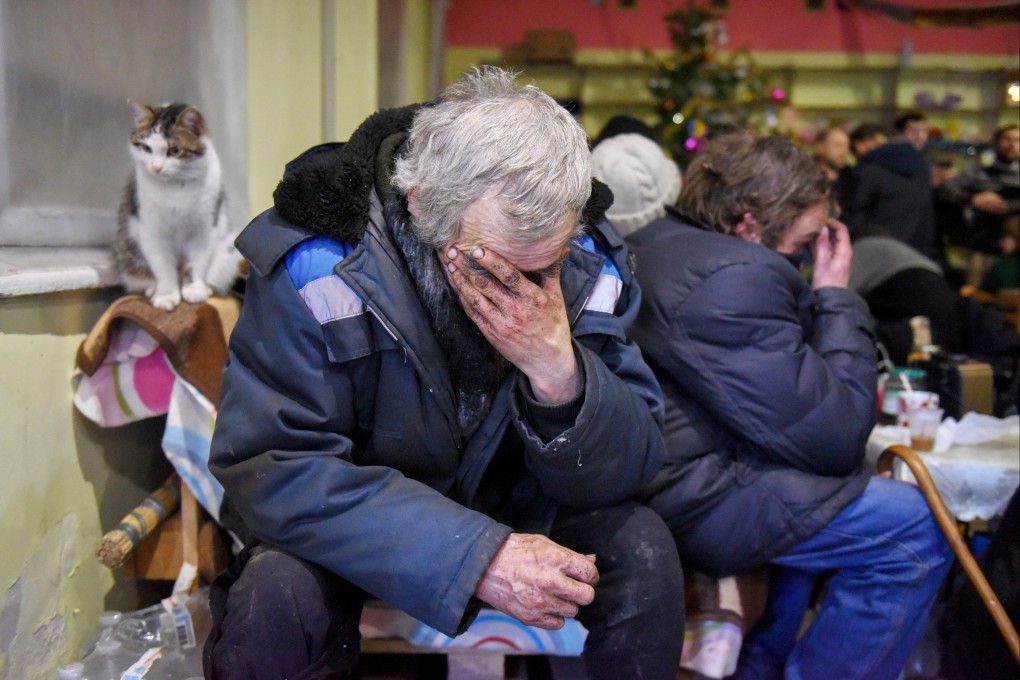Inside Out | Cost of war: Ukraine’s reconstruction bill is huge, but the world can afford it
- Even if Putin cannot be made to pay the estimated US$411 billion rebuilding cost, Ukrainians can be moderately confident the world will ensure it is covered
- Importantly, this is a sober reminder of the grim costs of war and the absolute imperative to avoid it

The Ukraine Rapid Damage and Needs Assessment report, a collaboration between the World Bank, European Union, United Nations and Ukraine government, is a sober reminder of the grim costs of war and the absolute imperative to avoid it.
The report is essential reading for anyone foolish enough to consider military “solutions” to conflicts or to disregard the provocations that give warmongers cause.
So far, it estimates that rebuilding transport infrastructure will cost about US$92 billion, with US$68 billion needed for new housing and US$47 billion for the energy sector. Even the removal of “explosive hazards” – landmines – will cost over US$37 billion. The big question, for those in Ukraine able to see beyond the immediate war effort, is who will pay for all this.
